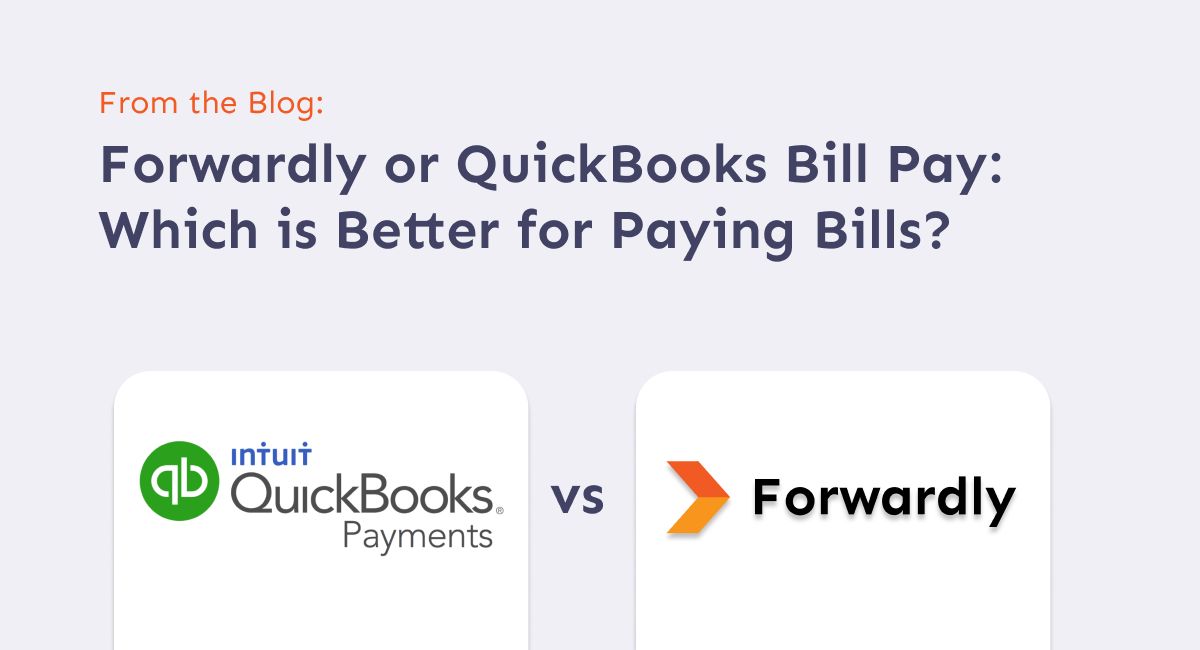Bookkeeping for a small business owner can be an annoying and tedious task that consumes more time than you would think. Instead of focusing on the operations of your business, you are stuck in the office recording invoices and receipts. As with most small business owners you set aside most of the bookkeeping to be done at a later date and before you know it, you have piles and piles of data that continue to grow larger each day. To help you reduce the headache of bookkeeping, we have compiled five top bookkeeping tips that you can start implementing right away.
Tip #1 Hire a bookkeeper
It would be wise to seek the help of a bookkeeper because they are trained in doing the tasks that you absolutely dread. Bookkeeping is their daily job, so you can expect quick and efficient work to be done while you are focused on your business. Bookkeepers also provide useful insights that will be difficult for an untrained person to catch since they know what to look for in the numbers. To make both your jobs easier, it is highly recommended that both you and your bookkeeper work on the same accounting software so that collaborating can be done with ease. Beyond efficiency, small business owners can realize the long-term benefits of bookkeeping, such as better financial planning and smarter decision-making.
Tip #2 Keeping track of your expense receipts
One of the most critical bookkeeping tips is keeping track of your expense receipts. Failing to keep copies of your business expense receipts can cause a lot of problems to your books. Oftentimes, you will be left confused of where that charge came from and what it was used for, which could lead to incorrectly reported expenses. As a small business owner, you should always keep your receipts and make notes of what the charge is for so you can make reference to them in the future; however, stockpiling every single receipt can also be cumbersome and difficult to manage.
Software such as Fyle can help you manage your receipts by extracting the physical data and importing it to you digitally. Importing a receipt can be as easy as scanning it to your computer or taking a photo from your smartphone and uploading it to your software; ideal for small business owners on the move.
Tip #3 Managing your invoices
It is not uncommon for small business owners to lose track of unpaid and overdue invoices. Upon issuing an invoice to a client or customer, keeping an eye on payments becomes an afterthought; especially when you have hundreds of them awaiting payment. Unpaid and late bills can really disrupt the cash flow of your business and cause headaches for you in the future. To avoid this, consider using modern payment solutions like Forwardly. With instant payments, you can reduce late business payments and keep your business running smoothly.
Using cloud accounting software to issue and manage your invoices will help make invoicing easy and manageable. Depending on the cloud accounting software of choice, you will be able to create and send invoices to clients or customers in a matter of seconds; not only that, but you can also receive payments online through the likes of PayPal. Unpaid and late bills will also be easily traceable because they will be sorted from the rest of your invoices. Cloud accounting software helps you manage your invoices for you.
Tip #4 Accurately recording bank deposits
With such large amounts of data being entered and recorded, there will inevitably be mistakes and sometimes these mistakes can bear large costs. Inaccurately recording your bank deposits could result in paying more taxes for money that you might have recorded as income.
As a small business owner, you must be on top of where each deposit is coming from and where it should be accounted for. Software like Hubdoc helps you automate this task by fetching all your financial statements and organizing them into one convenient location; reducing the risk of error in your data entry. Hubdoc can store year’s worth of financial data so it can be easily accessible and understandable for you.
Tip #5 Separate business & personal expenses
Keep your personal and business expenses separate. It might sound simple, but it’s crucial for staying organized. By having separate bank accounts and credit cards for your business, you’ll make tracking your finances a whole lot easier. Trust us, it’s worth the effort! And remember, reimbursing yourself for any personal expenses used for business purposes is key. By following this advice, you’ll save yourself headaches and ensure smooth sailing come tax time.
These were just a few simple bookkeeping tips for you as a small business owner and we hope you can put these to use so that you can focus more on your business. We highly recommend that you check out the software and services we mentioned in this post and for more information check out the links we provided.
Make it a habit to set aside dedicated time for bookkeeping tasks regularly, and consider outsourcing if needed and act according to our shared bookkeeping tips. To streamline your payment process and improve cash flow management, explore Forwardly’s instant payment solution. With Forwardly, you can say goodbye to late payments and hello to smoother financial operations. Learn more and sign up for free today for a hassle-free experience!
 Back to Blog
Back to Blog


